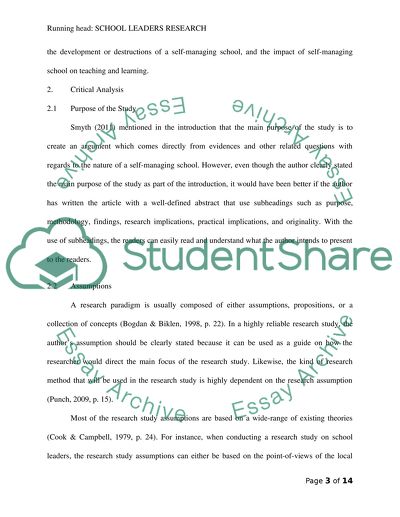Cite this document
(“SCHOOL LEADERS RESEARCH Essay Example | Topics and Well Written Essays - 3000 words”, n.d.)
SCHOOL LEADERS RESEARCH Essay Example | Topics and Well Written Essays - 3000 words. Retrieved from https://studentshare.org/education/1489053-school-leaders-research
SCHOOL LEADERS RESEARCH Essay Example | Topics and Well Written Essays - 3000 words. Retrieved from https://studentshare.org/education/1489053-school-leaders-research
(SCHOOL LEADERS RESEARCH Essay Example | Topics and Well Written Essays - 3000 Words)
SCHOOL LEADERS RESEARCH Essay Example | Topics and Well Written Essays - 3000 Words. https://studentshare.org/education/1489053-school-leaders-research.
SCHOOL LEADERS RESEARCH Essay Example | Topics and Well Written Essays - 3000 Words. https://studentshare.org/education/1489053-school-leaders-research.
“SCHOOL LEADERS RESEARCH Essay Example | Topics and Well Written Essays - 3000 Words”, n.d. https://studentshare.org/education/1489053-school-leaders-research.


